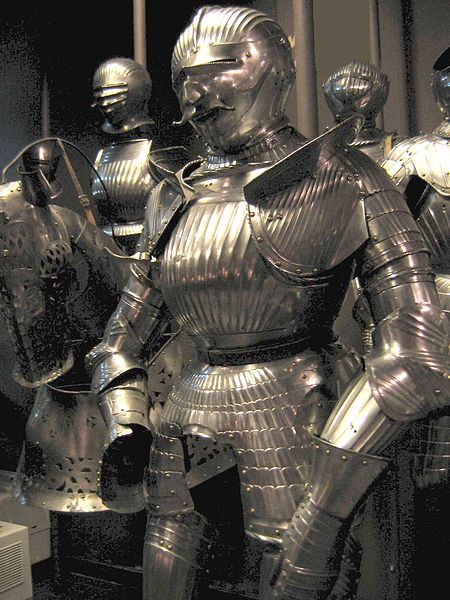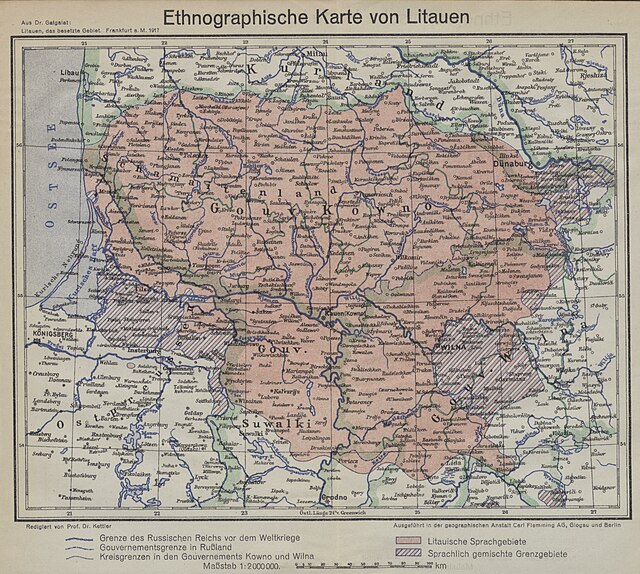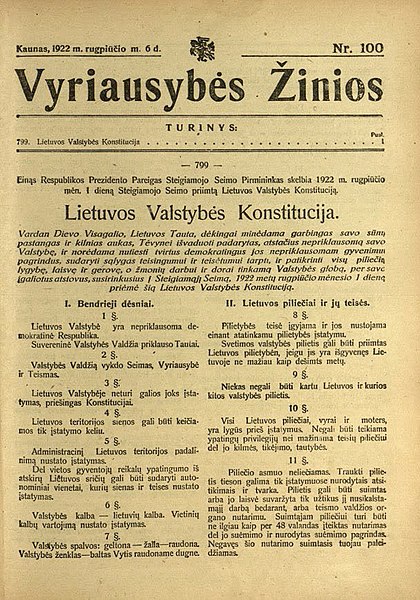The szlachta were the noble estate of the realm in the Kingdom of Poland, the Grand Duchy of Lithuania and the Polish–Lithuanian Commonwealth and, as a social class, dominated those states by exercising political rights and power. Szlachta as a class differed significantly from the feudal nobility of Western Europe. The estate was officially abolished in 1921 by the March Constitution.
Szlachcic sejmik representative Tadeusz Rejtan (lower right), with szlachta republican right of ending any Senate (Sejm) session and nullifying any legislation passed (Liberum veto), defying Russian, Prussian, and Austrian autocratic might to cease legalization of the First Partition of Poland, by halting the Partition Sejm's exit from the Senate chamber on 30 September 1773, in effect proclaiming, "Murder me, not Poland." Painting by Jan Matejko, 1866
A Polish peasant in stocks in a 16th-century Polish woodcut
Lech I
Polish Armor
Lithuanian is an East Baltic language belonging to the Baltic branch of the Indo-European language family. It is the language of Lithuanians and the official language of Lithuania as well as one of the official languages of the European Union. There are approximately 2.8 million native Lithuanian speakers in Lithuania and about 1 million speakers elsewhere. Around half a million inhabitants of Lithuania of non-Lithuanian background speak Lithuanian daily as a second language.
The oldest surviving manuscript in Lithuanian (c. 1503), rewritten from a 15th century original text.
Ethnolinguistic area of Lithuanians and the Lithuanian language in 1917 by Prussian Lithuanian professor Vilius Gaigalaitis (Wilhelm Gaigalat), the dashed areas represent linguistically mixed border areas where Lithuanians formed a large minority
Title page of Vyriausybės Žinios with articles of the 1922 Constitution of Lithuania. The sixth article established Lithuanian as the sole official language of Lithuania.
Linguistic areal of the Lithuanian language in Russia and German Prussia by Ethnographer Franz Oskar Tetzner in 1902








